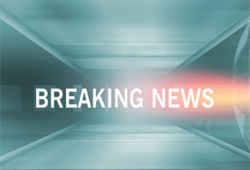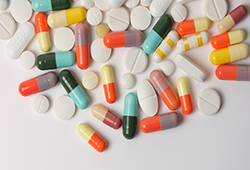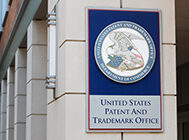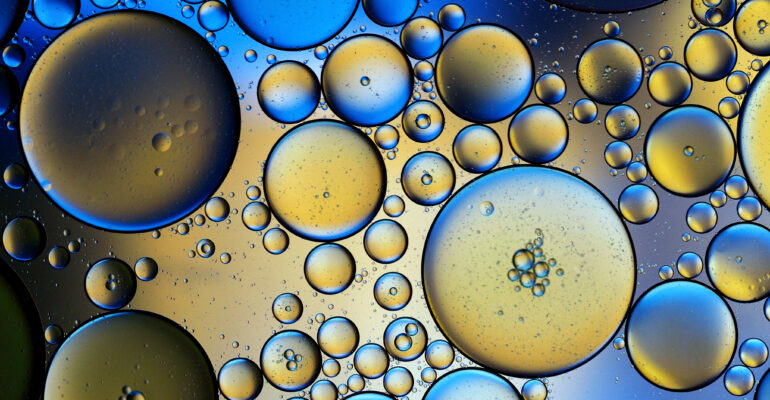On April 1, 2024 the Federal Circuit released its opinion in Janssen Pharmaceuticals, Inc. et al v. Teva Pharmaceuticals USA, Inc. et al., affirming the district court’s finding that certain claims were not indefinite and remanding to the district court to reevaluate its obviousness decision. The Federal Circuit’s analysis provides important considerations for life…









